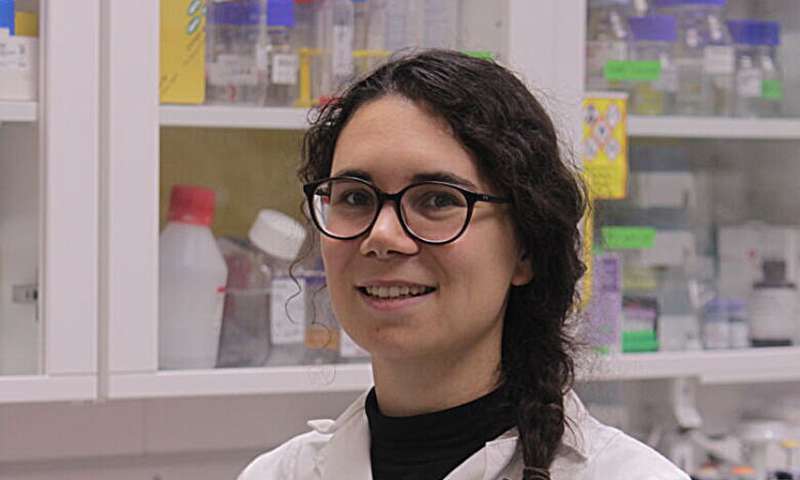New thesis on a gene causing life-threatening hyperinflammatory syndrome

Giovanna Perinetti Casoni from the hematology unit, at the Department of Medicine, Huddinge (MedH), is defending her thesis "Regulation of cytotoxic lymphocyte effector functions" on 1 December, 2023. Main supervisor is Yenan Bryceson (MedH).
What is the main focus of your thesis?
My thesis focused on cytotoxic lymphocytes, the immune cells that can kill infected or malignant cells. To better understand their biology in humans, I studied three different inherited diseases affecting these cells.
Which are the most important results?
We discovered a novel gene causing a life-threatening hyperinflammatory syndrome called hemophagocytic lymphohistiocytosis. This discovery provided new molecular understanding of how lymphocytes can kill target cells. Furthermore, we described a new form of deficiency affecting natural killer cells, a subset of cytotoxic lymphocytes. These findings expand our comprehension of why certain individuals are particularly sensitive to severe virus infections.
How can this new knowledge contribute to the improvement of people's health?
Characterizing new genes causing familial hemophagocytic lymphohistiocytosis is important for the very severe patients presenting with this syndrome. The more genes we describe, the faster the patients will receive a diagnosis and an appropriate treatment in the clinic. Besides, better understanding of lymphocyte cytotoxicity can help us devise anti-cancer immunotherapies exploiting these cells.
What are your future ambitions?
I want to continue exploring the link between dysregulation of immune cell function and human diseases. Understanding these processes gives us the chance to develop new tools and strategies for patients' diagnostics and treatment.
More information:
Regulation of cytotoxic lymphocyte effector functions. openarchive.ki.se/xmlui/handle/10616/48879
Provided by Karolinska Institutet